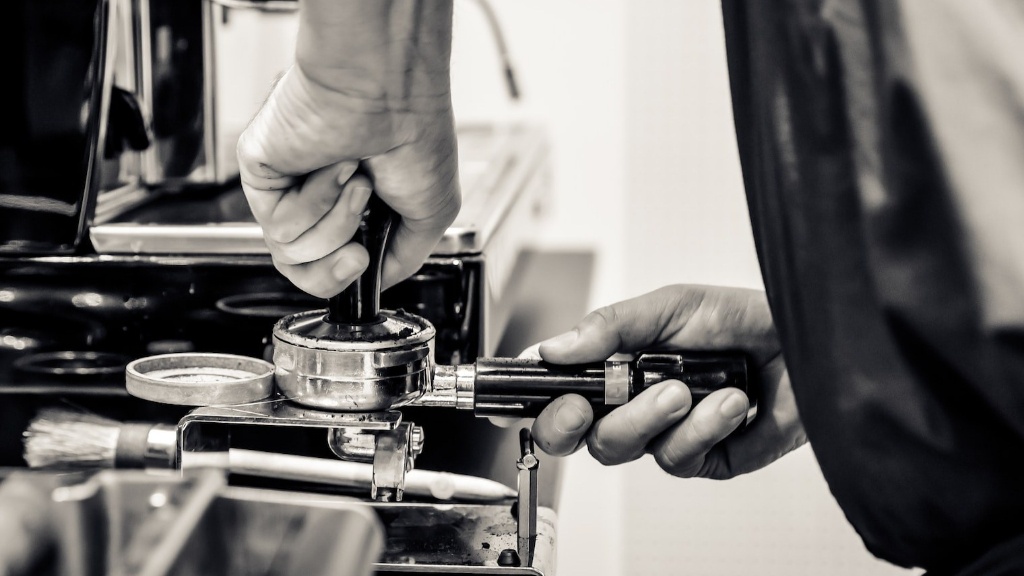Many people find it difficult to quit their morning cup of coffee, even when trying to conceive. After all, coffee is one of the most common stimulants in the world. But when it comes to fertility, some experts argue that coffee may be the not the best choice.
There is scientific evidence to support the notion that drinking coffee or caffeine while trying to conceive might lower one’s chances of success. For example, a 2016 study looked at the association between coffee consumption and fertility among over 8,000 women. It concluded that women who drank more than three cups of coffee per day had a 29 percent lower chance of conceiving, compared to women who did not drink coffee. The study also found an association between caffeine intake and infertility due to endometriosis.
Furthermore, research has demonstrated that caffeine, by itself, can have a negative effect on fertility in both men and women. A 2014 study, for instance, looked at how caffeine affects sperm count and quality. The study concluded that caffeine intake from coffee or other sources is negatively associated with sperm concentration and semen volume in healthy men. Another research found that caffeine has a negative effect on women’s ovulatory function which can affect their fertility.
Given that coffee contains a great deal of caffeine and other plant compounds, it appears wise for those trying to conceive to limit or avoid coffee intake. But that doesn’t mean one has to completely give up the coffee habit. Instead, one should try to reduce the amount of coffee consumed, and switch from regular to decaffeinated coffee.
Although there is some evidence suggesting that too much coffee can negatively affect fertility, there are also other lifestyle factors that can have an impact. For instance, drinking too much alcohol or smoking cigarettes can also reduce a person’s fertility. Eating a nutrient-rich diet, exercising regularly, and managing one’s stress levels can also be beneficial.
For those looking to conceive, it is a good idea to discuss coffee intake and other lifestyle habits with a doctor or fertility specialist. There is no one-size-fits-all answer when it comes to fertility and coffee. It is best to take a thoughtful approach and consider all the factors that may influence one’s fertility.
Diet
Proper nutrition is an important factor for fertility. Eating a balanced diet of lean proteins, whole grains, fruits, and vegetables can provide much-needed nutrients for reproductive health. It is important to choose foods that are low in sugar and artificial ingredients. Some studies suggest that Vitamin D deficiency can negatively impact fertility, so incorporating Vitamin D-rich foods or supplements into one’s diet may be beneficial.
Exercise
Regular exercise can be a great way to improve physical health and to reduce stress. It has also been linked to improved fertility in women. A 2014 study, for instance, observed the effects of physical activity on the success of IVF. The study found that women who did regular physical activity had an increased chance of conceiving compared to those who did not.
Reduce Stress
Stress can have a significant impact on fertility. Research suggests that increased levels of stress can cause hormonal changes that can reduce fertility. Practices such as yoga, mindfulness, and deep breathing can be beneficial for both physical and mental health.
Talking to a Professional
It can be beneficial to consult a fertility specialist to discuss any concerns one may have when it comes to fertility. Fertility specialists can provide personalized guidance and can answer questions about fertility and lifestyle habits. In some cases, medications or supplements may also be recommended.


